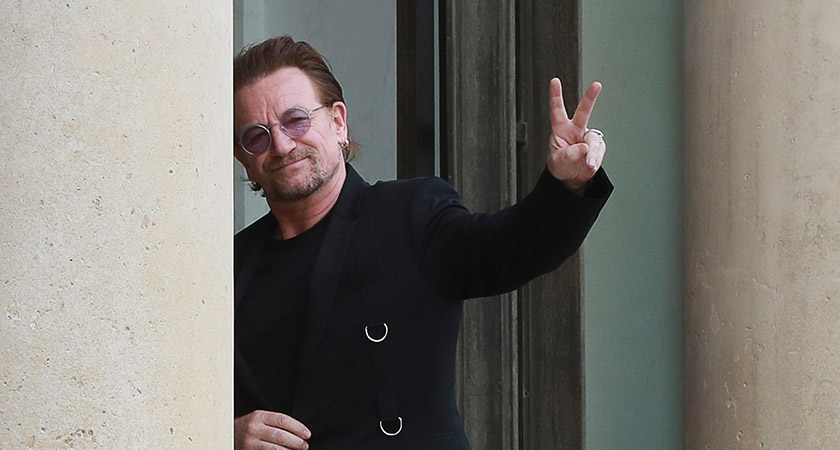U2 FRONTMAN Bono is reportedly investing in a new whiskey distillery being set up by Irish businessman Paddy McKillen.
According to The Times, Bono could be about to put money into the Irish property investor's new venture, with McKillen eager to transform the Ballykelly Mill near Monasterevin into a state-of-the-art distillery and visitor centre.
A planning application set to Kildare County Council Planning Office earlier this month details the plans for "an artisan distillery and visitor centre" measuring 5,051.4 square-metres, and including 3,523.4 square-metres of newly-built structure.
The ambitious plans include an exhibition space, roof garden, viewing area, and multiple tasting rooms.
McKillen confirmed some of these plans to The Times, with the Irish business magnate eager to "revive Monasterevin's rich heritage" as a whiskey-producing region.
"We're investing €50m into this initial phase, which is the start of a long-term strategy. It fits very well with our existing hospitality businesses and the great global interest in Irish whiskey," he said.
Bono and McKillen already co-own the Clarence Hotel in Dublin but while the U2 man is thought to be fronting up some of the money for the project, his business partner will take day-to-day control of the project.

The omens look good for the plans too, given that plans for a small distillery operating nearby were approved back in 201.
Bono isn't the first celebrity to get involved in whiskey, with these fresh developments coming the same week Conor McGregor unveiled his very own whiskey.
Irish whiskey is big business now, with the Irish Whiskey Association estimating around 9.7 million cases were sold globally in 2017, alone.
The move comes amid increased demands and reports that a potential shortage could be on the horizon.
Whiskey magnate John Teeling, previously warned The Irish Times that "soon there will be a shortage of Irish whiskey."
"What we are making now, you won't sell for seven years. So we will have a shortage if the rate of growth continues at a cumulative rate over the next six or seven years."

